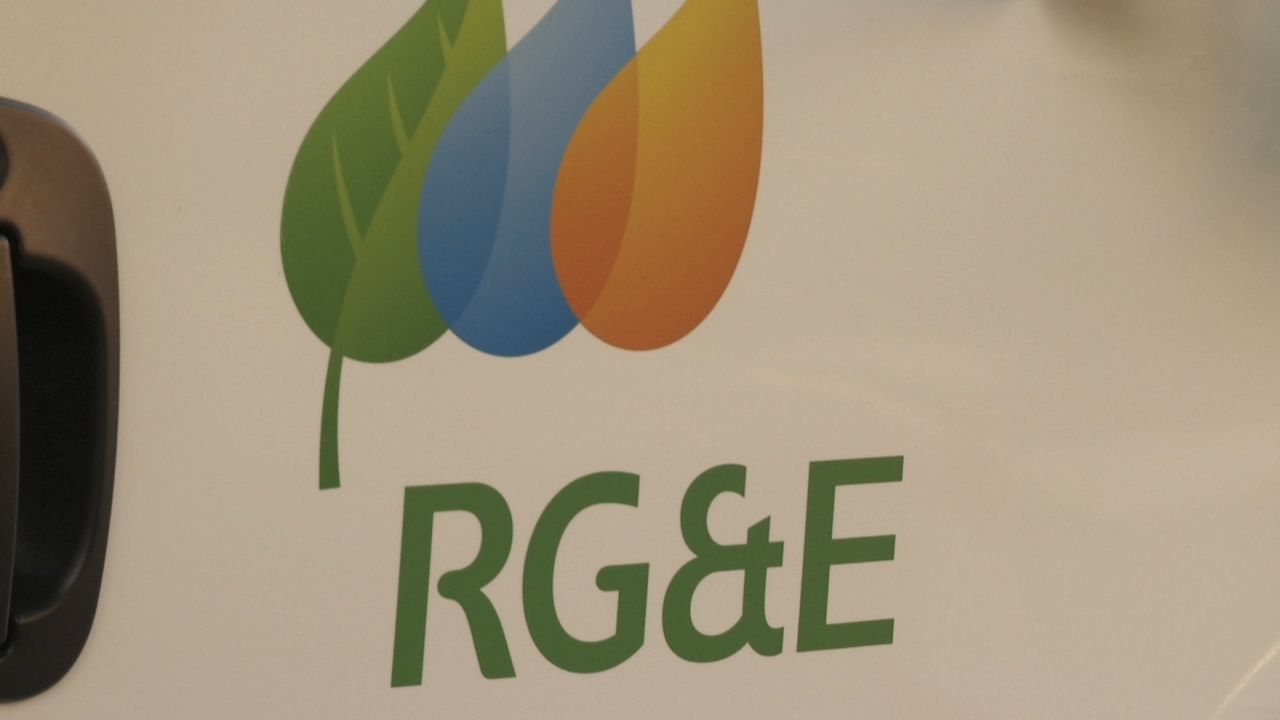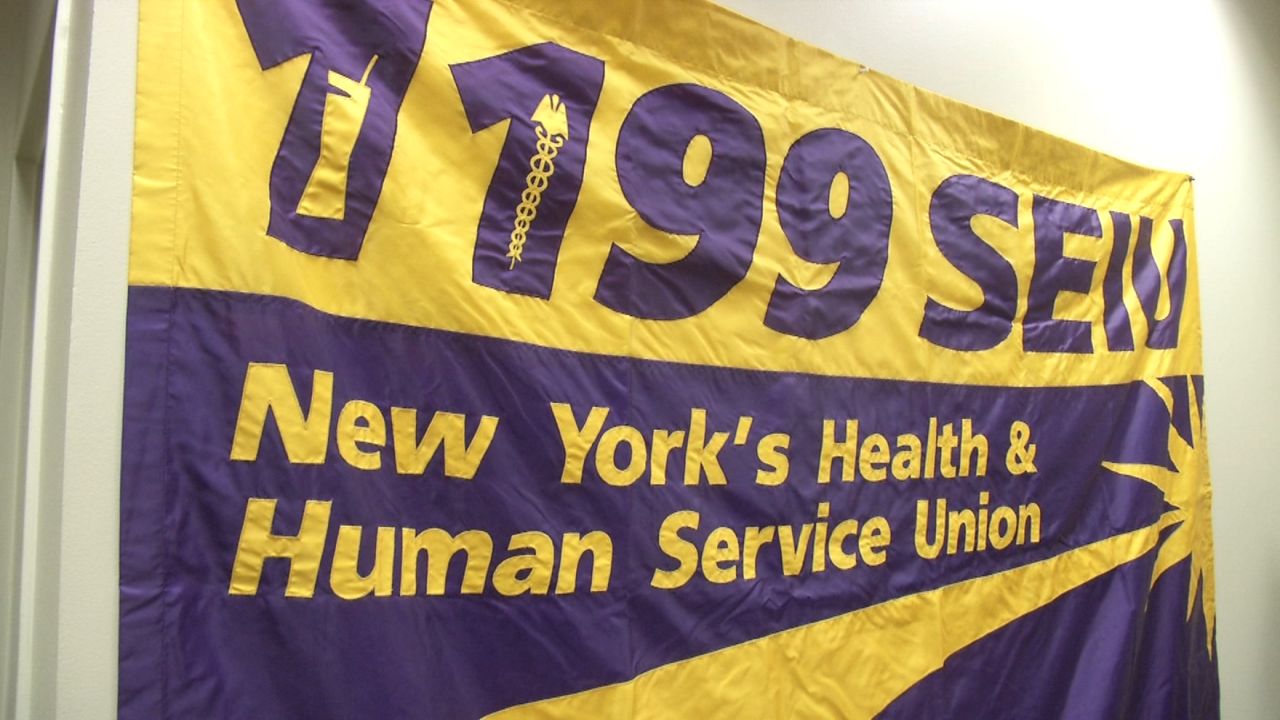While many living along Lake Ontario still face the threat of flooding, the towns of Greece and Webster held an informational meeting to discuss how the threat is being addressed.
Both received funding from the state's Resiliency and Economic Development Initiative, also known as REDI, to fortify the lakeshore. Greece Town Supervisor Bill Reilich explained the town got more than $12 million from REDI.
Greece plans to add new storm water sewer lines along the lakeshore district, re-fortify the Long Pond berm, and add new sheet piling on the channel between Long Pond and Lake Ontario to protect municipal assets.
"We keep building to what last year's storm level and then some with a cushion, and with water getting higher and higher, we keep having to fortify it even more and more. My goal is to continue doing that until we get into average or what we call average normal water levels. We certainly aren't there now," said Reilich.
The town of Webster received $2.6 million from REDI.
Supervisor Tom Flaherty says they are going to spend the money on improvement projects on Sandbar Park and Lake Road, build a permanent West Webster Fire Dock, and focus on water and sanitary infrastructure.
While Flaherty would like more funding from the state, he believes the community response is just as important.
"No matter what the government does to help in this situation, I still think that we want to see the community come together. I think there is a real opportunity for volunteers in here to help the property owners that are down in the lake and the bay with installing the sand bags," said Flaherty.
Greece is in the engineering stages of its projects and hopes to get started by June. Webster is hoping to begin by late 2020 or 2021.
Reilich, who also serves on the International Lake Ontario-St. Lawrence River Board, adds they are abandoning the 2014 plan that caused widespread flooding, and are instead letting out as much water as possible.
"These are levels that have never been seen in over a hundred years, over a three-year period with this much water, so we are facing challenges that we have never seen before," said Reilich.










